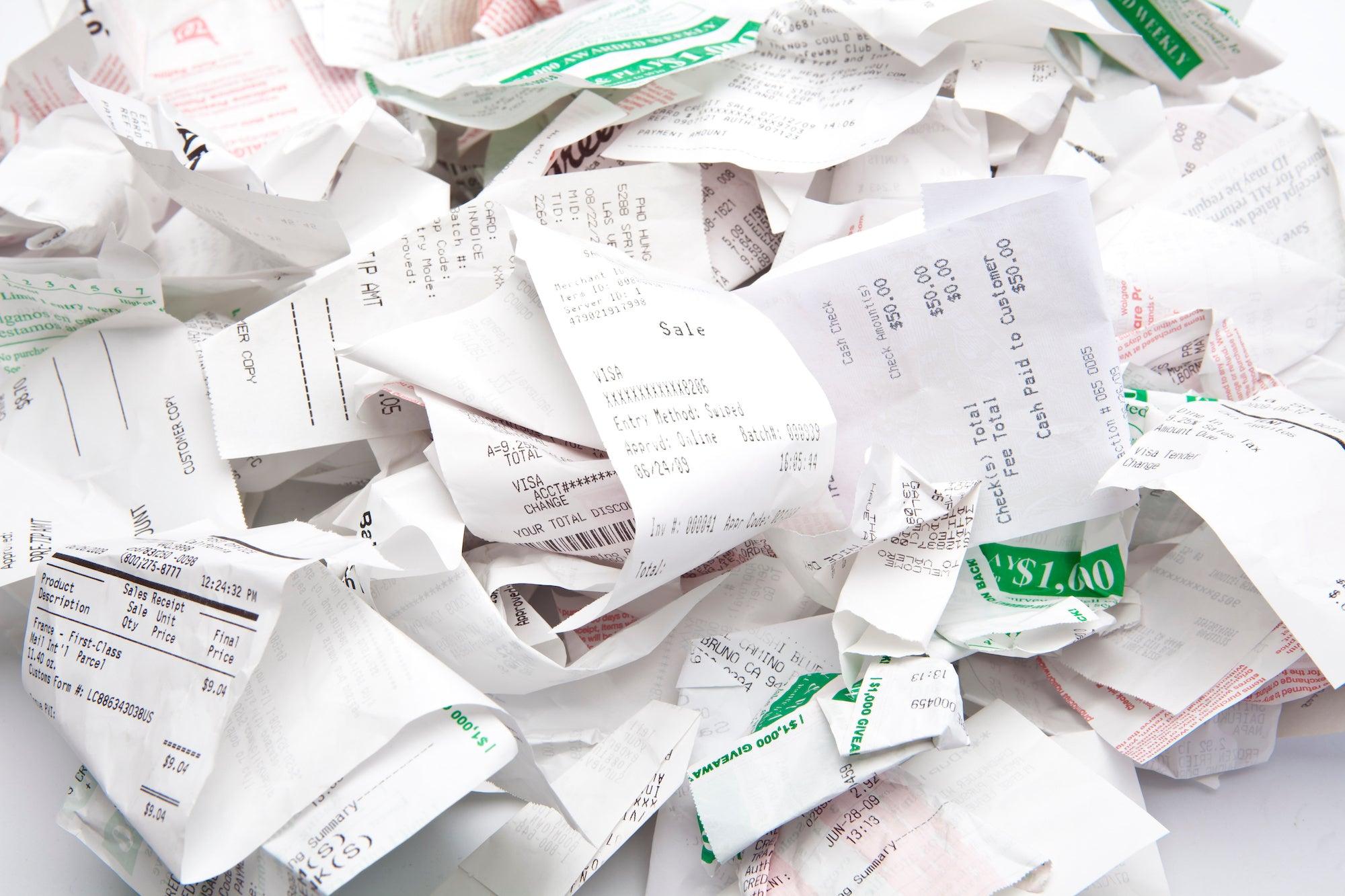In general, you can only claim a tax deduction for an expense if you have adequate documentation to support the deduction. This typically means that you need to have a receipt or other proof of payment for the expense. Without a receipt, it may be more difficult to claim a deduction, as you will need to provide other documentation or evidence to support your claim.
However, there are some exceptions to this rule. For example, if you have an expense that is less than $75 and you are claiming it as a charitable contribution, you do not need a receipt as long as you have a bank record (such as a canceled check) or a written communication from the charity showing the name of the charity, the date of the contribution, and the amount of the contribution.
If you are unable to provide a receipt for an expense that you would like to claim as a deduction, you may still be able to claim the deduction by providing other documentation or evidence to support your claim. This could include bank statements, credit card statements, or other records that show the date, amount, and purpose of the expense. However, it is generally more difficult to claim a deduction without a receipt, and you may need to provide additional documentation or explanation to the IRS if you do so.


